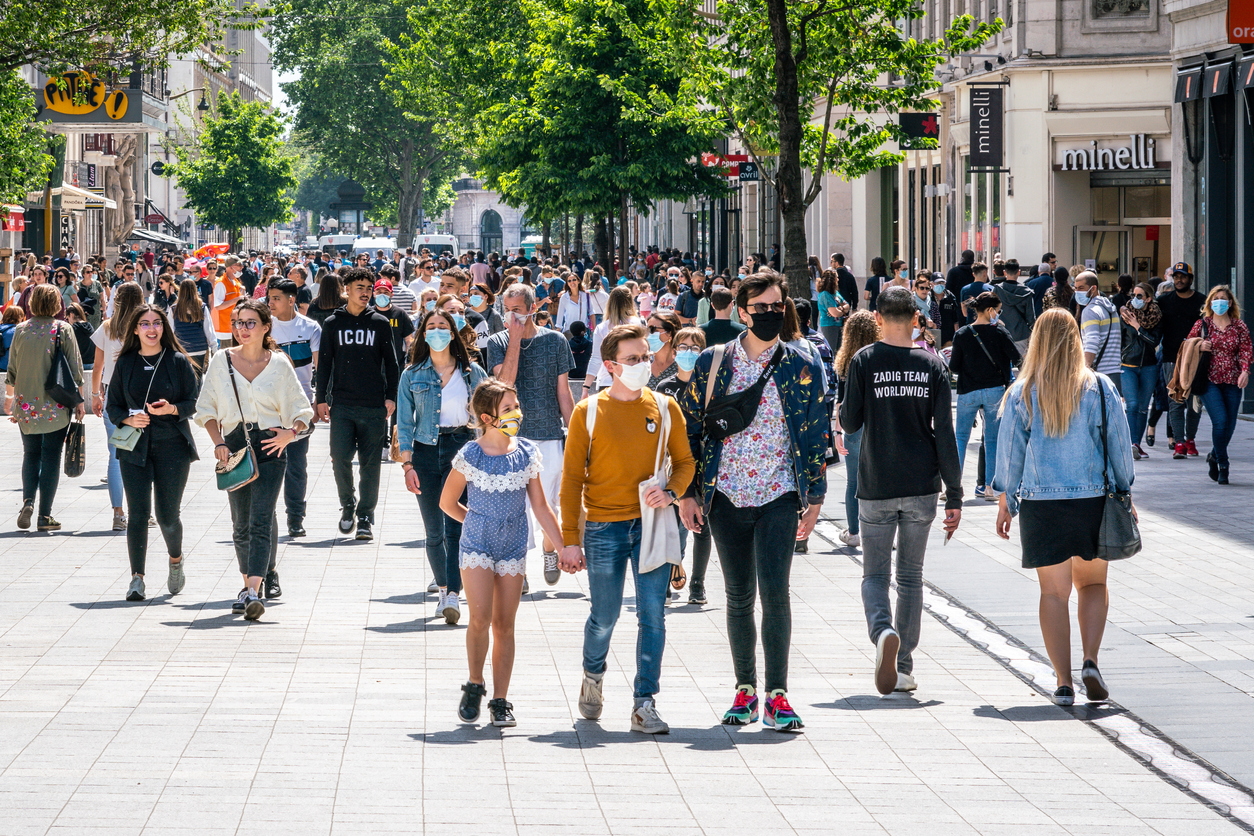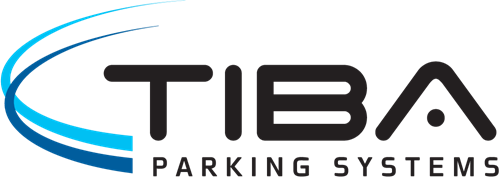
During the fifth edition of our Parking Network Virtual Conference, we hosted another of our Parking Talks Live panel discussions, this time dedicated to retail and municipal parking. Graham Titchener from York and Koen Vansteenland from Bruges returned to provide an update on parking in their cities, and were joined by Chris Mitchell from Unibail-Rodamco-Westfield, who shared his experience of how retail parking has fared throughout the coronavirus pandemic.
Read on for the highlights from our panelists or watch the full discussion for more insight:
Changing Habits
Many new consumer habits have been formed during the coronavirus pandemic – and these, in turn, have impacted parking trends. Lockdowns marked the end of the daily commute, radically changing rush hours and reducing parking occupancy across city centers. And, with venues still closed and spectator events off the table, event parking facilities needed to look elsewhere to increase occupancy. Westfield Stratford City, for example, would usually expect to receive 1500 cars on West Ham matchdays, in addition to their shopping customers.
Tourism, meanwhile, experienced steady growth, returning almost to pre-COVID levels by July and August. For tourist cities like Bruges and York this, combined with a reopening of retail, has played an important role in parking occupancy levels.
Changes in the kinds of travel taking place, be that work or leisure, have been accompanied by a modal shift. Economic recovery messaging has encouraged people to walk, cycle, and drive. Westfield Stratford City has experienced a steep rise in bicycle and pedestrian access, pointing to a shift in customer base with more frequent, local customers visiting than retail tourists.
Adapting Technologies and Strategies
Changing consumer habits are driving new technologies and services within the parking industry. As retail closed its physical doors, many more people turned online to make their purchases, and this rise in internet retail has the potential to pose challenges to municipal and shopping center parking. However, there are ways to entice people back to stores and to monetize new shopping practices such as Click & Collect.
Touchless parking and contactless payment technologies are proving more popular than ever. Westfield Stratford City has gone cashless, driving customers to their smart parking platform and the myriad of benefits this frictionless parking product provides. Bruges has witnessed a decrease in meter use with many more drivers opting to pay for parking by SMS or mobile app instead.
Does Coronavirus Spell the End of the Human Touch?
With the rise of contactless solutions, many efficiencies are created that both the driver and parking operator crave. However, does the reduction of human interaction remove personality and feeling from the customer experience? All our panelists agreed that the benefits of contactless solutions improve the possibility of meaningful and valuable interaction.
In cities, the implementation of cashless and touchless solutions can free up staff to educate and welcome drivers or patrol and enforce other areas. Meanwhile, at Westfield Stratford City, frictionless parking through their smart parking platform has allowed them to make human touch their point of difference. The role of their car park customer service team has evolved and expanded to such a degree that it has now been divided into proactive and reactive teams – one reaching out to customers on the ground and the other being there as the first port of call when there are issues with equipment.
Silver Linings and Lessons Learned
There is no doubt that the impact of coronavirus on the parking industry has been drastic. But, for all the challenges that parking operators, owners, and managers have faced, there have been silver linings. At Unibail-Rodamco-Westfield, the dramatic drop in footfall helped them to bring maintenance projects, installations, and deep cleaning forward. Whilst going cashless has helped them to reduce costs spent on cash collections and reassign collection staff to customer service
Having implemented and lifted lockdowns valuable lessons can be learned and strategies can be adapted to help the parking industry survive and even thrive during the coronavirus pandemic. The traditional day has been lost, and so it is difficult to forecast and predict occupancy and capacities. When facing such unpredictability, we need to become reactive and prepared to implement changes rapidly. But, there is also an opportunity to be proactive, to see what changes should be made to fit new consumer habits and behavior. By embracing technology, parking operators, managers, and owners can save time and money whilst creating better customer service.



